Zürich-based med tech startup Sleepiz AG has been granted US Food and Drug Administration (FDA) Class II 510(k) clearance for its bedside device that measures vital signs during sleep. This Class II clearance means physicians can prescribe the device to patients for monitoring vital signs as well as sleep apnea screening.
Sleepiz’s device, called Sleepiz One+, offers short- and long-term monitoring of heart rate and respiration during sleep to provide insights into a patient’s physiological status. The company says the device helps monitor disease progression or remission, allowing for timely interventions and patient-centric care.
The device uses radar technology to monitor a patient’s vital signs at their bedside by measuring macro and micro movements from heart contractions and breathing patterns in a contactless manner. The signals are then transformed by proprietary artificial intelligence (AI) into actionable data for healthcare professionals.
Information collected and analyzed by the device can help in the early detection of conditions like sleep apnea and monitor early changes in chronic conditions.
In a press release, Sleepiz said the FDA clearance “opens doors for seamless integration of the Sleepiz One+ device into remote patient monitoring (RPM) and clinical study platforms. This integration empowers healthcare professionals with comprehensive respiration and heart rate monitoring capabilities, delivering medical data for actionable insights and informed decision-making.”
Sleep apnea affects more than 800 million people worldwide. In addition to tiredness and poor quality of life, the long-term impacts of the condition include an increased risk for chronic diseases like hypertension, diabetes, heart disease and stroke. Current diagnostic methods are cumbersome, which is why many patients are undiagnosed.
XTALKS WEBINAR: Technology-Enabled Solutions to Address Diabetes — The Largest Epidemic in Human History
Live and On-Demand: Tuesday, November 14, 2023, at 10am PST (1pm EST)
Register for this free webinar to learn about technology-enabled solutions to address the diabetes epidemic. Attendees will hear discussions regarding innovation that support early detection and prevention for the impaired glucose tolerance (IGT) population and the undiagnosed. The featured speakers will discuss innovative solutions such as sensors, delivery and drugs for type 1 diabetes (T1D) and type 2 diabetes (T2D) adults.
Sleepiz says the device can also be particularly useful in cases where remote patient monitoring is required for patients with chronic respiratory illnesses, of which there are more than 34 million in the US, according to the American Lung Association.
Sleepiz One+ received CE mark certification in October 2020.
“Sleepiz One+ shifts us from a wired, wearable world to a completely wireless, continuous standard of care,” said Sleepiz CEO Dr. Soumya Dash.
According to data published in Scientific Reports, Sleepiz One+ has an accuracy of 99 percent in measuring breathing rate and 96 percent in heart rate measurements compared with gold standard methods.
Through devices like Sleepiz One+, Sleepiz says it is “dedicated to revolutionizing healthcare and enhancing the quality of care for patients and healthcare professionals alike,” by providing “patient-centric disease management through seamless integration of contactless monitoring into people’s homes.”
Related: Beacon Biosignals’ AI-Assisted Sleep Monitoring Device Gets FDA Clearance
Sleepiz recently partnered with Clario to make the device available to clinical trial researchers conducting studies on sleep.
Sleepiz says the device is available for reimbursement via remote patient monitoring codes and allows for 16 out of the 30 days of measurements for Current Procedural Terminology billing.
In the future, Sleepiz hopes to make use of wireless millimeter wave technology, sensor fusion and artificial intelligence to extend its capabilities to diagnose sleep disorders and predict deterioration of chronic diseases to allow faster intervention and better treatment.
According to a 2022 GlobalData report, the remote patient monitoring device market will hit $760 million by 2030, experiencing a compound annual growth rate (CAGR) of 3.3 percent from 2020 to 2030.


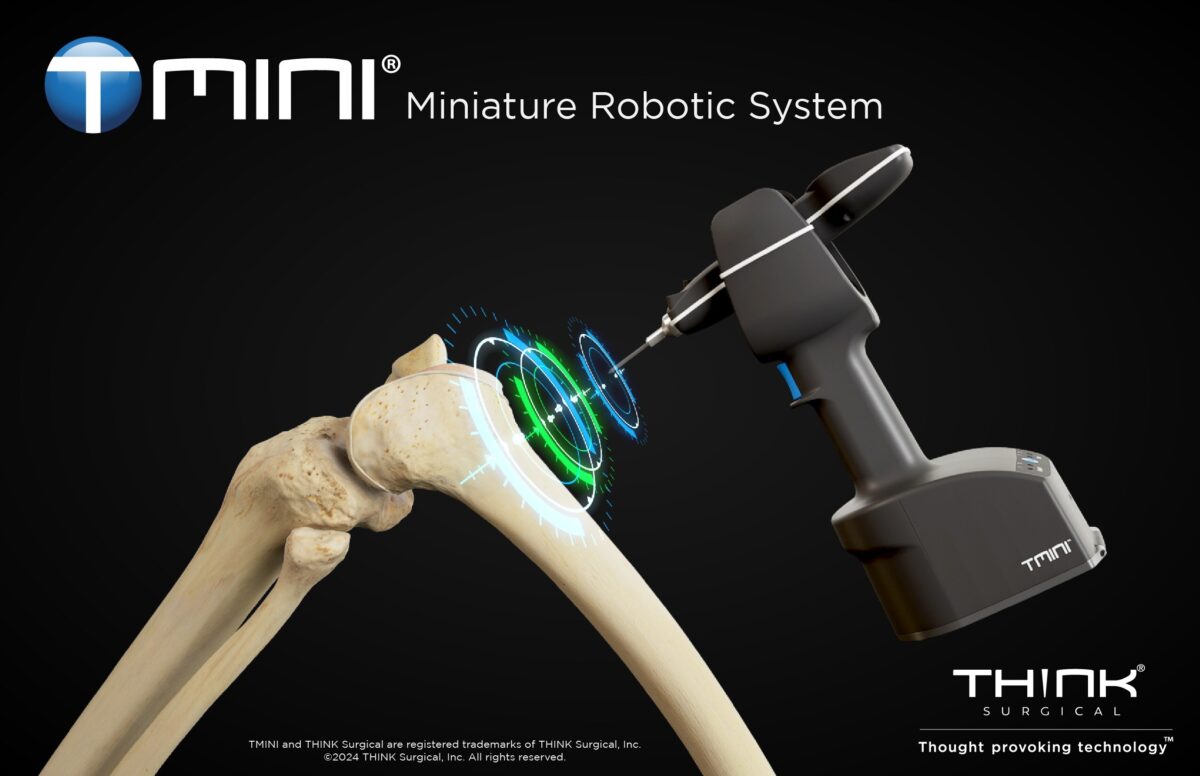
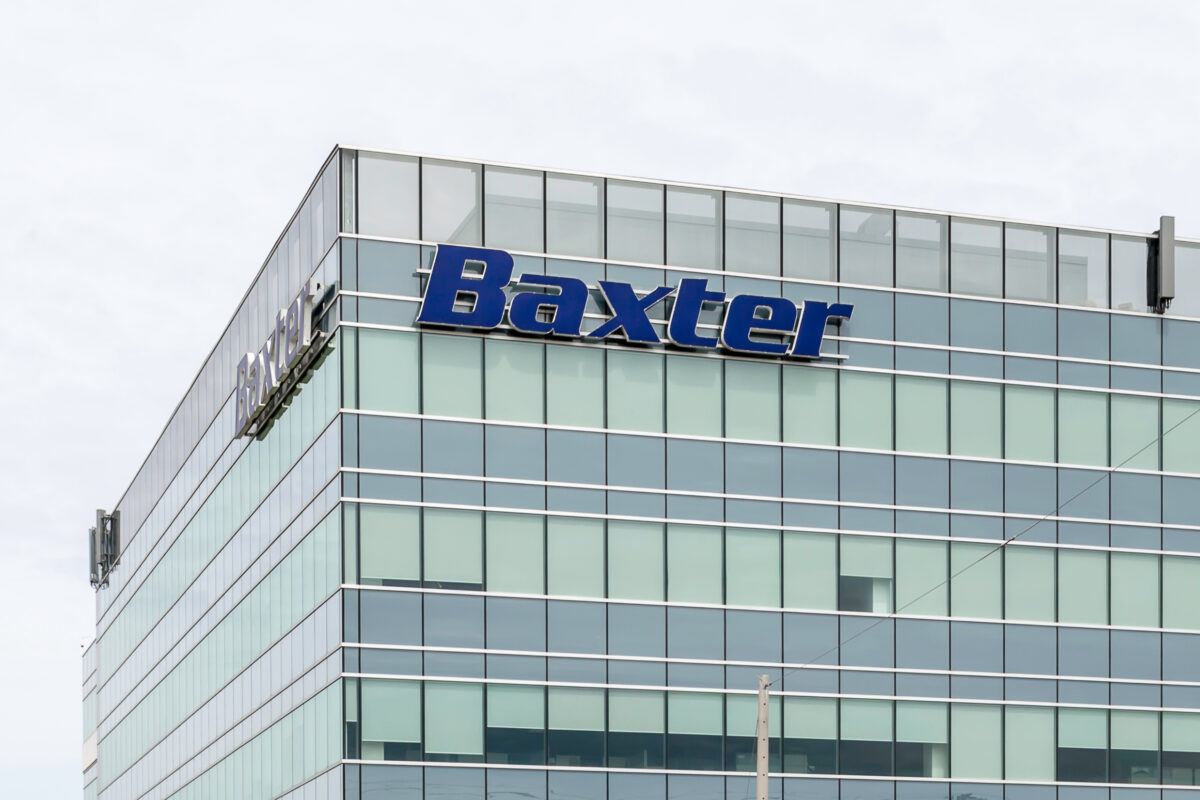
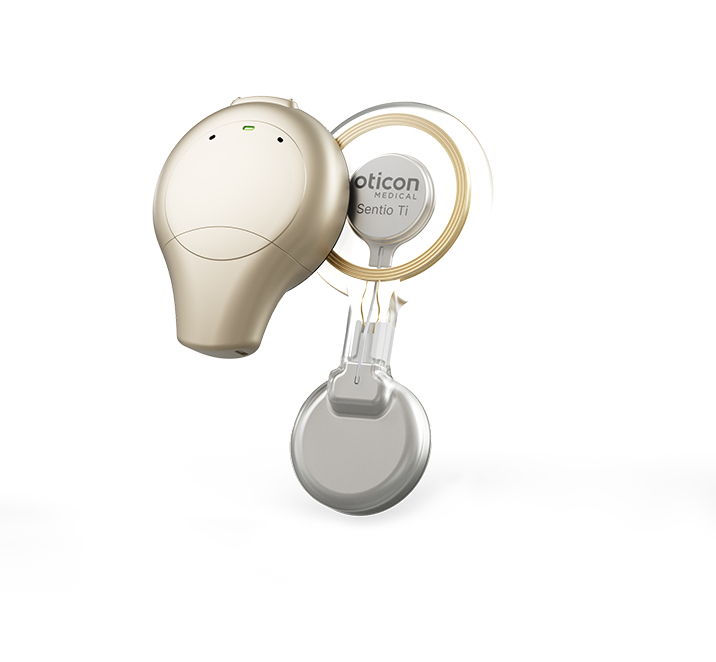
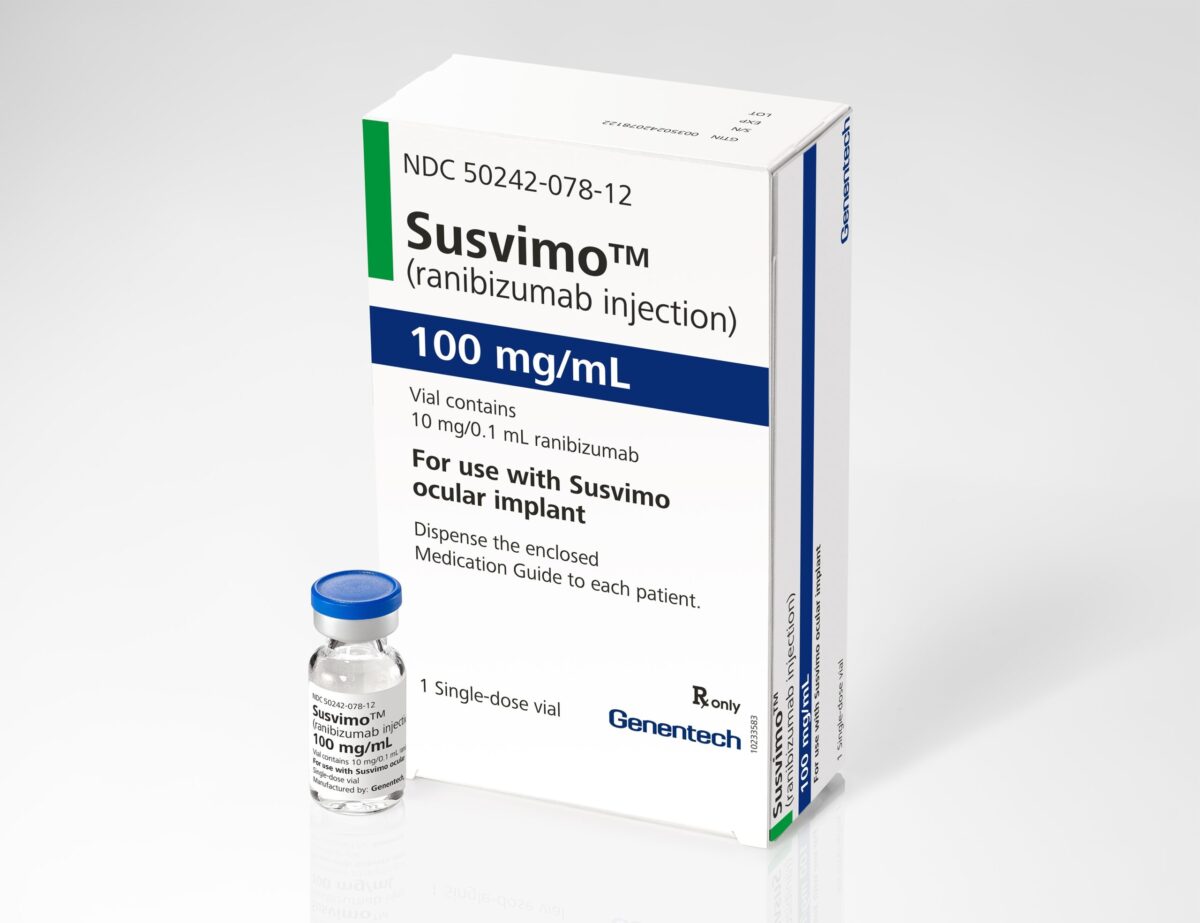
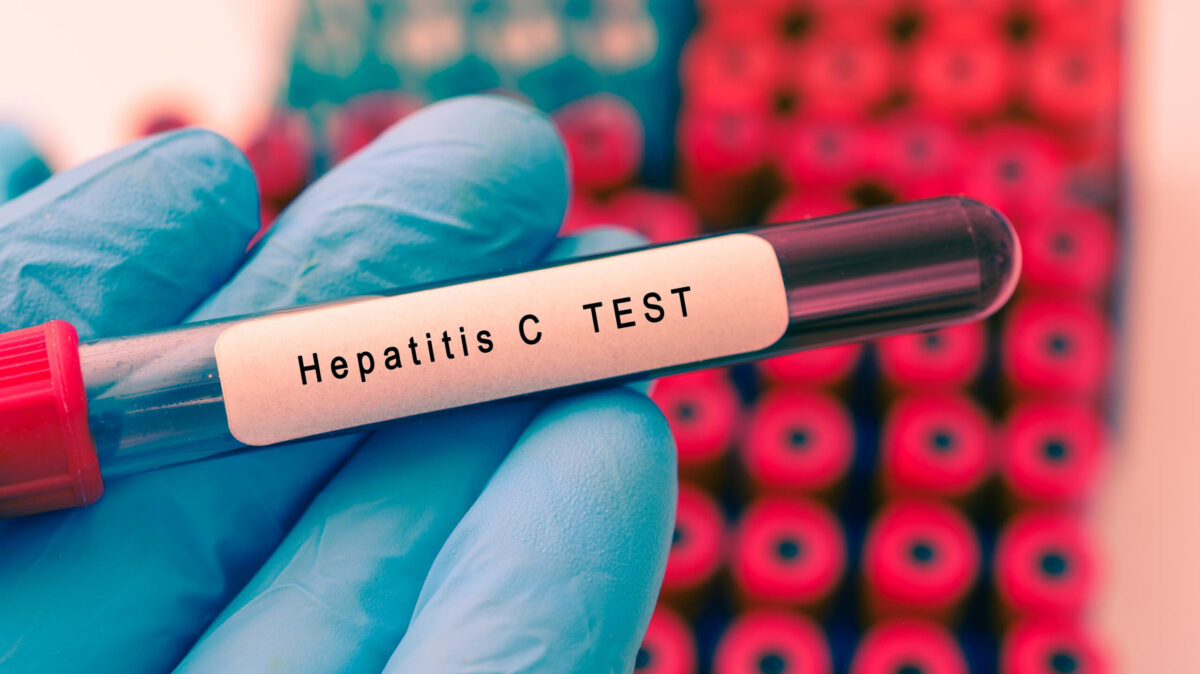





Join or login to leave a comment
JOIN LOGIN